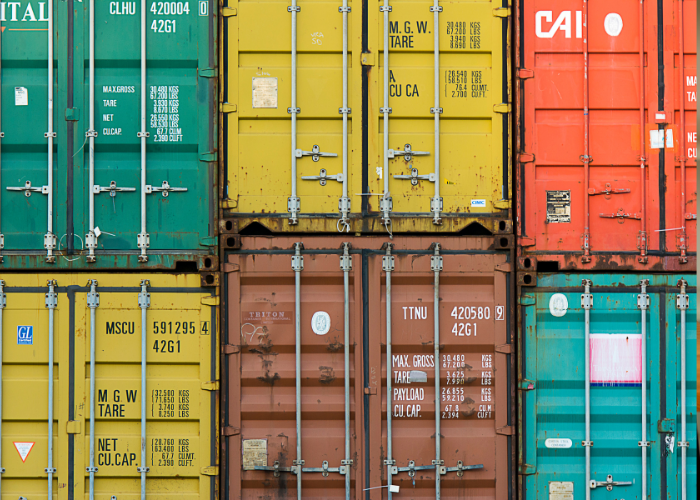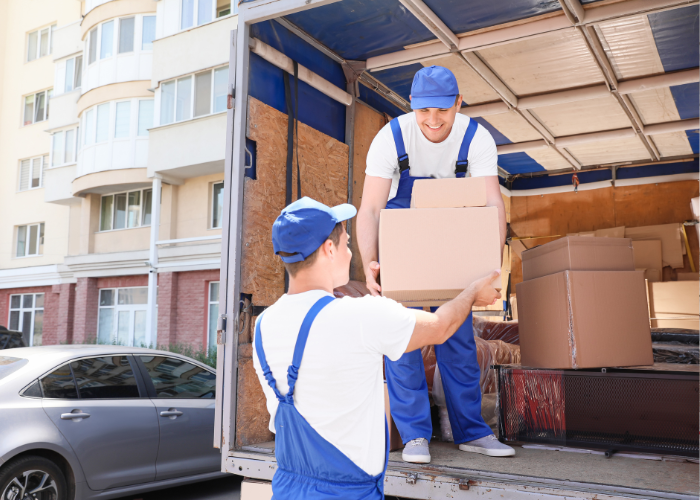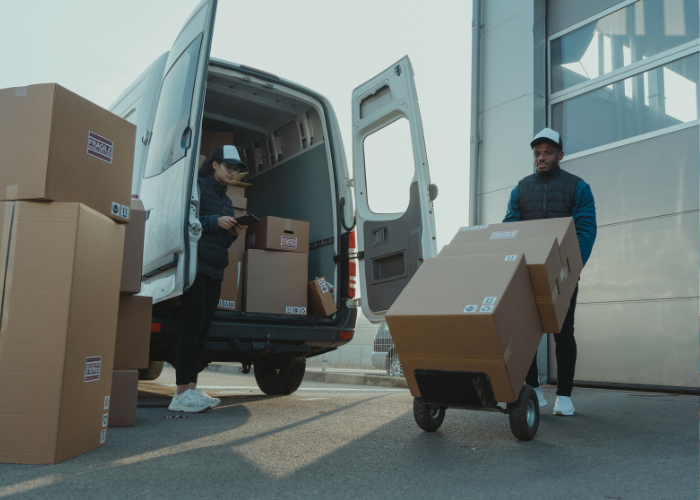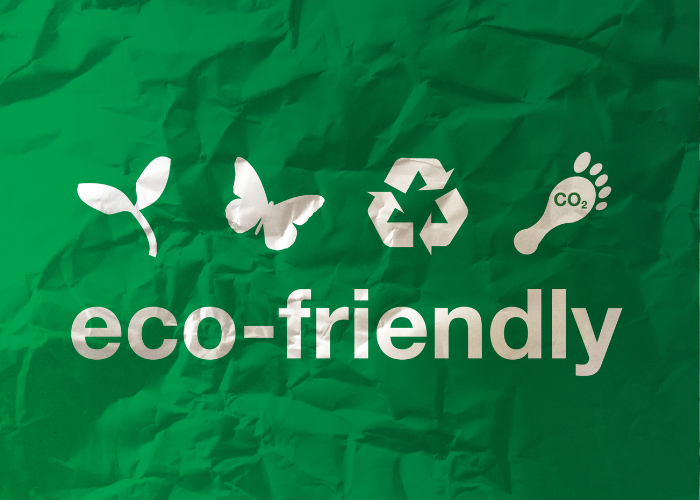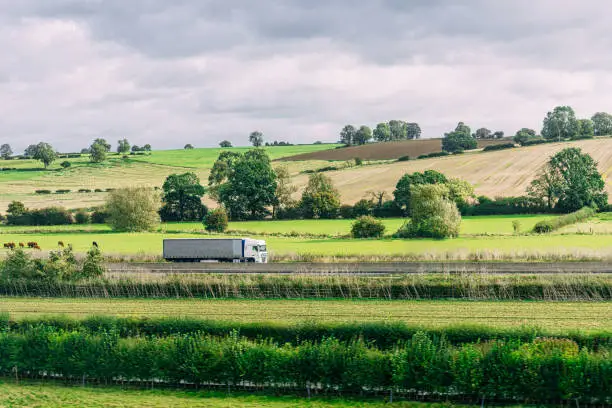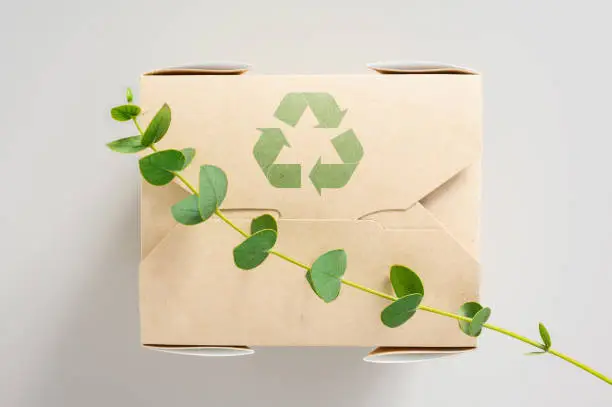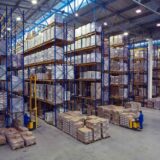As the world becomes more focused on sustainability, industries across the globe are searching for ways to reduce their environmental impact. The freight and logistics sector, which plays a crucial role in the global supply chain, is no exception. Logix Across is at the forefront of this movement, helping businesses reduce their carbon footprint and work towards carbon-neutral freight solutions. In this post, we explore the future of green freight and how Logix Across is leading the way in achieving carbon neutrality.
The Importance of Carbon Neutrality in Freight
Freight transport is a significant contributor to global carbon emissions, with road, sea, and air transport accounting for a large portion of these emissions. As the world moves toward more sustainable practices, industries are under increasing pressure to reduce their environmental impact and contribute to global climate goals.
Carbon neutrality in freight means balancing out the carbon dioxide emissions generated during transport by offsetting them through efforts like investing in renewable energy, using carbon credits, or implementing sustainable practices throughout the supply chain.
For businesses, achieving carbon neutrality is not only a crucial step toward protecting the environment, but it’s also a key factor in meeting the growing consumer demand for sustainable products and services. Consumers, especially younger generations, are increasingly choosing brands that align with their environmental values.
How Logix Across is Paving the Way for Green Freight
At Logix Across, we understand that sustainable logistics practices are essential for the future of the industry and the planet. We have committed ourselves to helping our clients achieve carbon neutrality in their freight operations by implementing a variety of green logistics solutions. Here’s how we are leading the charge:
- Optimizing Shipping Routes and Transport Modes
One of the most effective ways to reduce carbon emissions in freight is by optimizing transport routes and modes. By using advanced technology, we are able to analyze data and select the most efficient and eco-friendly shipping routes.
- Route Optimization: Our AI-powered systems analyze real-time data to suggest the shortest, most fuel-efficient routes, helping reduce fuel consumption and emissions.
- Multi-Modal Transport: By combining different modes of transport—such as road, rail, and sea—we reduce the reliance on carbon-intensive shipping methods like air freight.
These strategies not only help reduce emissions but also contribute to cost savings, allowing businesses to operate more sustainably without compromising efficiency.
- Utilizing Electric and Alternative Fuel Vehicles
Electric and alternative fuel vehicles are becoming an integral part of the push toward green logistics. Logix Across has been proactive in integrating electric trucks and vehicles that run on sustainable fuels into our fleet.
- Electric Vehicles (EVs): We are increasingly using electric trucks for last-mile deliveries in urban areas, significantly reducing emissions and air pollution.
- Sustainable Fuels: For long-haul routes, we’re transitioning to trucks powered by biofuels, hydrogen, or liquefied natural gas (LNG), which produce fewer emissions than traditional diesel.
By investing in and adopting these technologies, we’re not only reducing the carbon footprint of our own operations but also helping our clients achieve their sustainability goals.
- Green Warehousing and Packaging
The sustainability efforts don’t stop with transportation. At Logix Across, we are also implementing green practices in our warehousing operations. Sustainable warehousing focuses on reducing energy consumption and minimizing waste, contributing to overall carbon neutrality.
- Energy-Efficient Warehouses: Our warehouses are equipped with energy-efficient lighting, temperature controls, and renewable energy sources, like solar panels, to reduce carbon emissions.
- Eco-Friendly Packaging: We encourage our clients to use biodegradable and recyclable packaging materials, reducing the environmental impact of packaging waste.
These green practices help us manage the entire supply chain sustainably, from warehouse to delivery.
- Carbon Offset Programs
Achieving true carbon neutrality requires more than just reducing emissions—it also involves offsetting any unavoidable carbon output. At Logix Across, we offer carbon offset programs that allow businesses to counterbalance the emissions generated by their freight activities.
- Investing in Renewable Energy Projects: By purchasing carbon credits from verified projects, such as wind, solar, and reforestation initiatives, we help fund projects that absorb or prevent the release of carbon dioxide.
- Sustainability Certifications: We assist businesses in obtaining sustainability certifications, ensuring that their carbon offset efforts are both impactful and credible.
Through these programs, Logix Across helps clients achieve carbon neutrality and contribute to the global effort against climate change.
- Education and Collaboration
The transition to green freight is not just about implementing new technologies—it’s also about educating and collaborating with businesses to understand the importance of sustainability. At Logix Across, we offer consulting services to help our clients make more informed decisions about their supply chain and logistics operations.
- Sustainability Workshops: We hold workshops and training sessions to educate businesses on best practices for reducing emissions in logistics.
- Collaborative Sustainability Goals: We work closely with our clients to set realistic sustainability targets and support them in achieving these goals through our logistics solutions.
By fostering collaboration, we ensure that sustainability becomes a core value for businesses at every stage of their supply chain.
The Future of Green Freight: What’s Next?
As the logistics industry continues to evolve, the future of green freight is looking brighter than ever. Several trends are shaping the path forward:
- Increased Adoption of Electric Vehicles: With advancements in EV technology, more businesses are expected to switch to electric trucks for both short- and long-distance freight.
- Data-Driven Sustainability: Big data and AI will play a significant role in enhancing sustainability by optimizing routes, reducing fuel consumption, and lowering emissions.
- Green Certifications and Regulations: Governments are expected to introduce stricter environmental regulations, encouraging companies to adopt greener practices to comply with carbon-reduction targets.
At Logix Across, we are committed to staying ahead of these trends and ensuring that our clients benefit from the latest advancements in green logistics. By helping businesses integrate sustainable practices into their supply chain, we are paving the way for a greener, more carbon-neutral future.
Logix Across: Your Partner in Achieving Carbon Neutrality
At Logix Across, we are dedicated to helping businesses reduce their carbon footprint and achieve carbon neutrality in their freight operations. Through our innovative green logistics solutions, we are making sustainability more accessible and achievable for businesses of all sizes.
If you’re ready to take the next step toward achieving carbon neutrality in your logistics, Logix Across is here to guide you. Together, we can create a sustainable, eco-friendly supply chain that not only benefits the planet but also improves your bottom line.
Contact us today to learn more about how we can help your business go green and contribute to a more sustainable future.


